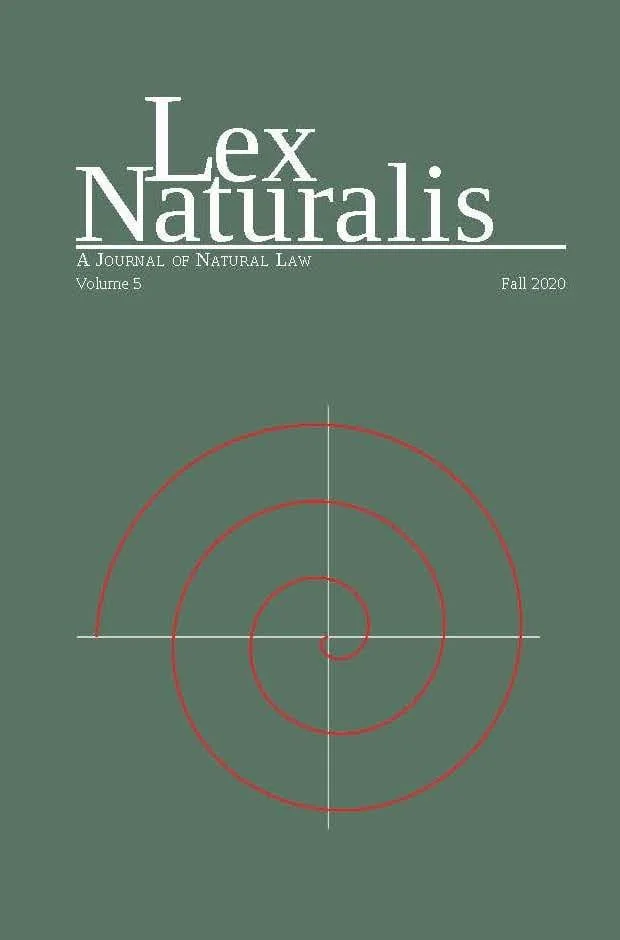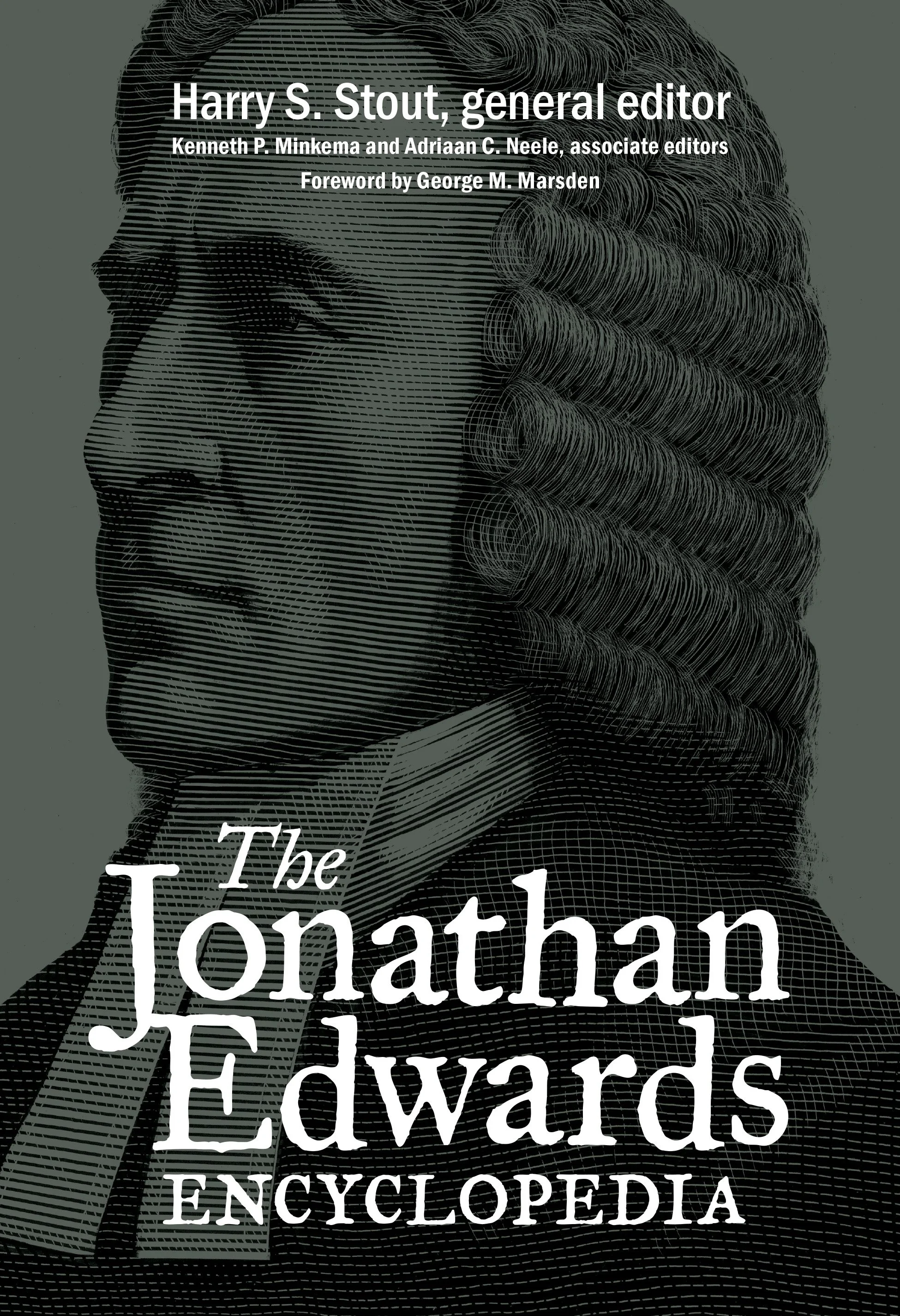Many Christians assume morality starts with duty to commands. We search the Bible looking for commands to obey. Yet swiftly we invent new rules, and eventually accidental legalism is born. Even healthy churches struggle with this subtle moralism that breeds Pharisaism, with honesty sacrificed for appearances, or compassion for authoritarianism. How can we reform our view of duty?
Is There a Reformed Virtue Ethics?
Is there a reformed virtue ethics? What is being asked here? With the natural law foundations long since abandoned, ethical discourse in the anglophone world has largely been focused on solving problems it has invented. Protestant moral theology has had its own rocky history developing in tandem with and greatly influenced by trends in secular philosophy. There has also been a slowly rising interest among Protestants to return to our roots.
"Aristotelianism" in Four Views on Christian Metaphysics
Neurology & the Virtue of Gratitude
Modern science and the Christian community do not always communicate with each other as much as they should. While secular scholarship grows more interested in the health benefits of gratitude and other virtues from a neurological and psychological angle, Thomists will not be surprised that a health benefit is associated with virtuous activity. The close mind-body relationship of hylomorphism could equip scientists to explain mental health in non-materialistic and reductionist ways. More partnership could exist between psychology and philosophy as both help explain each other.
The Necessity of the Natural Law
Special revelation is God’s instruction book. But what device is it an instruction book for? Which is prior, the device or the instructions? Can someone figure out how to use it properly without the instructions, even if imperfectly? Advocates of the natural law say “Yes.” God created human nature to function in a certain way. The way God ordered humanity and the rest of creation is an expression of his own orderly nature.
















